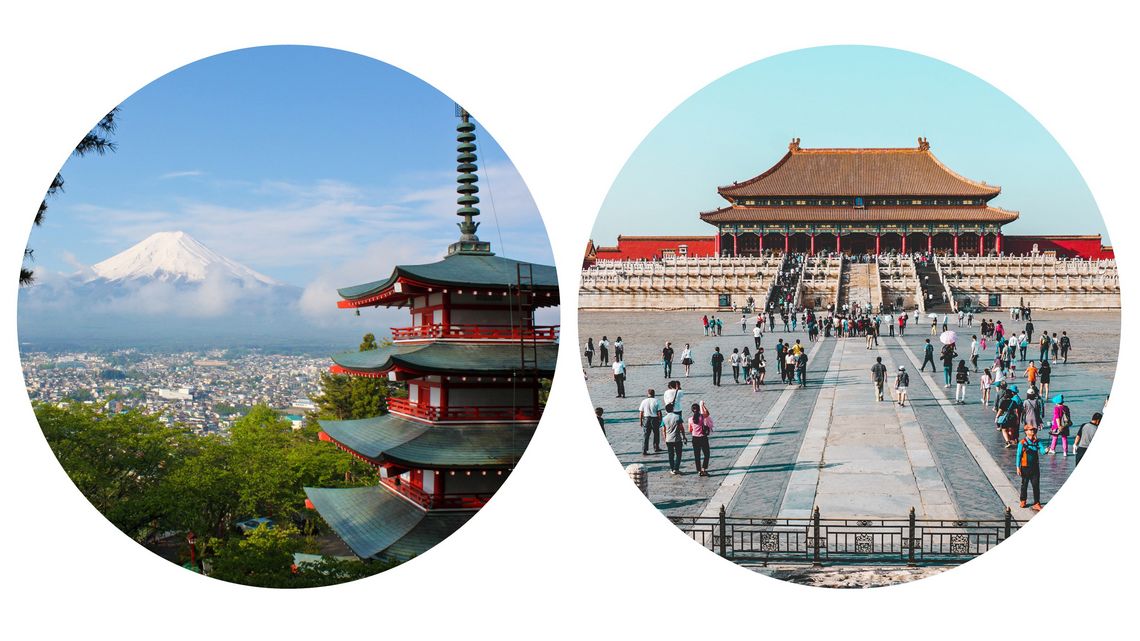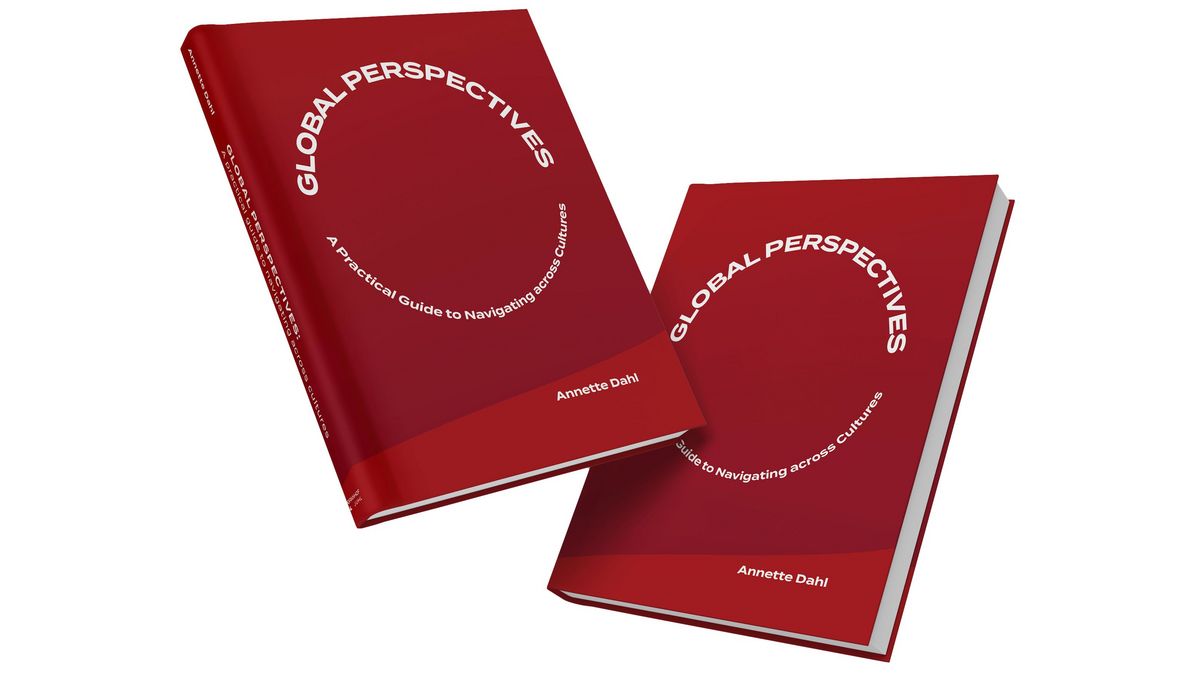
QUICK TIP: 2 Key Differences Between Japanese and Chinese Work Culture You Should Be Aware Of
When working globally, bear in mind that there can be important differences between work cultures that otherwise may look very similar from the outside.
Let’s take Japanese and Chinese work culture as an example.
Imagine you have a background in Danish work culture, and you’ve had Chinese colleagues working in your subsidiary office in Shanghai for several years. Now, as part of a new project, you need to collaborate with several Japanese business partners.
Perhaps your first thought is that the things you’ve learned about Chinese work culture could also apply to the Japanese.
In fact, there are many similarities.
For example, compared to Danish work culture, your Japanese and Chinese colleagues will probably place more emphasis on building personal relationships and prefer a more indirect form of communication than you’re used to.
But there are also some crucial differences that you can read about below.
1. Decision-making
CHINA:
Most Chinese companies have a top-down approach to decision-making processes. It is the relevant manager who is responsible for obtaining the necessary knowledge and then making the decision. And decisions are often made quite quickly. On the other hand, the decision is not set in stone; it can easily be discussed and changed later if the situation demands it.
JAPAN:
The typical Japanese approach to decision-making is extremely consensual and bottom-up. Some time before a decision is to be made, managers at the lower levels will start to discuss the matter. Once they’ve reached consensus, their proposals move up a level in the hierarchy. And so it continues until the proposal has reached the highest relevant management level. The decision-making process itself can take a long time – but once the decision has been made, it is firm and is typically implemented quite quickly.
2. Time and planning
CHINA:
The typical Chinese approach to time and planning is very flexible and pragmatic. Not everything needs to be planned. And when you do make plans, you’re always ready to change them again if something comes up. And this happens a lot in China. Most Chinese employees are trained to react quickly and intuitively when something new comes along.
JAPAN:
In Japanese companies and in the wider Japanese community, planning is typically considered to be essential. In-depth research, good preparation and proper procedures are key words in Japanese work culture. If you need to choose between doing something thoroughly or quickly in a Japanese company, thoroughness will often win the day.
Many thanks to our China country specialist, Annette Dahl, and Japan country specialist, Masami Kanaguri, for their input on Chinese and Japanese work culture.
Remember to approach all work cultures with a curious and exploratory mind
REMEMBER: When you encounter work cultures in your global projects that appear to be similar at first, there can easily be crucial differences hidden beneath the surface.
This doesn’t mean that you need to “start from scratch” if you have extensive experience with an area (such as East Asia, Latin America or Northern Europe) and now have colleagues from another country in that region.
Just be careful about making assumptions and remember to approach the new work culture with a curious and exploratory mind. Then you can nuance your cultural knowledge on a continual basis – and adapt your own work style so that you achieve the results you want.
Where to go from here
Can we help you or your company with intercultural training for a specific country or culture? Check out the possibilities here or contact us for a chat.
Want more inspiration on how to best collaborate across cultures? Follow us here on LinkedIn – and sign up for our newsletter using the form below.

